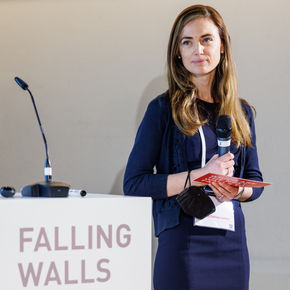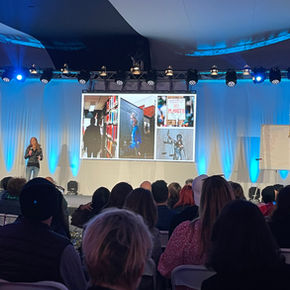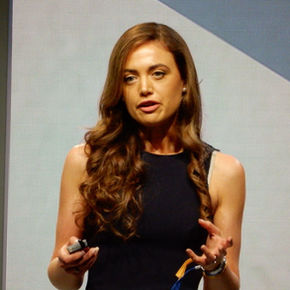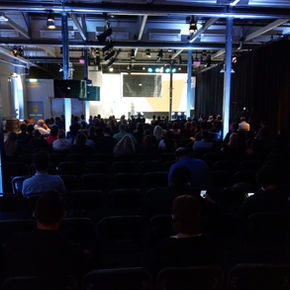
Professor Ruth Morgan

Ruth Morgan is Professor of Crime and Forensic Science at UCL (University College London) and Director of the UCL Centre for the Forensic Sciences. She is Vice Dean (Interdisciplinarity Entrepreneurship) in the UCL Faculty of Engineering Sciences and Co-Director of the UCL Arista Institute.
She is an interdisciplinary researcher, fascinated by the intersections between disciplines, and always seeking to find the answers to questions in ways that hold both science and society together.
Her research addresses critical questions in two main areas: the accurate interpretation of forensic science evidence, and also the challenges for interdisciplinarity, creativity and engagement across disciplines and between the university and industry, business and government. Recent projects have focussed on AI, digital evidence, and conflict.
Ruth is a World Economic Forum Young Scientist (Class of 2019). She is a speaker and commentator on forensic science, and also science in policy, and a passionate advocate for problem based research that has an impact in the real world. Ruth also has a blog exploring disruptive thinking.
EVIDENCE IS NOT ENOUGH
Forensic science isn’t always irrefutable. At the heart of our research is the question ‘what does the evidence mean?’. Forensic science has developed staggering abilities to accurately detect a trace, classify what it is and establish who it has come from. But at the moment we don’t always have the data that we need to always understand what it means. It's a big complex challenge, but if we can create an innovative and creative environment for pioneering research, we can contribute to changing the world!
Global challenges need broad, diverse, creative thinking that brings perspectives from the arts and sciences together along with the insights from industry, business and government. Building bridges between different disciplines and different sectors takes time and in many cases requires a re-imagining of a challenge and the existing frameworks that we operate within. Asking questions like 'what if?' are often the best starting point. Being willing to ask these types of questions creates opportunities to imagine alternatives to the current status quo. These types of questions also help us to bring different ways of 'seeing' and 'doing' together, to explore, learn, unlearn and re-learn together, and begin to find the innovative creative solutions that we're searching for.
WHAT IF?
Key talks
Forensic Science

TED Talk
"What if I told you that forensic science isn't always the open and shut case we often think it is?"

The dangers of misinterpreted forensic science evidence. Forensic science is a technological success story, we can now identify smaller amounts of trace material more accurately and more quickly than ever before. But to understand what the evidence means we need to understand the 'when' and the 'how' as well as the 'what' and the 'who'...
Interdisciplinarity and disruptive thinking

Stream
"we need to create a space where there is curiosity, exploration, and a real thirst for understanding these important questions"

Stream Europe
"What if we’ve already got everything we need to solve the persistent challenges we all just brought to mind? What if what’s missing is not knowledge but how we are thinking about those challenges?"

Designing the Future
"The universal language of humanity is storytelling, so being out in the meadow is about committing to becoming master craftsmen of our stories."
Other talks


me Convention in collaboration with SXSW and Mercedes-Benz
"If we can transform how we are thinking about and doing forensic science, we have an opportunity to dramatically reduce the chance of forensic science evidence being misinterpreted"
"Appreciate the past,
utilise the present,
and don't be afraid to create the future"
Suli Breaks
GET IN TOUCH
Department of Security and Crime Science, University College London, 35 Tavistock Square, London WC1H 9EZ, UK




















